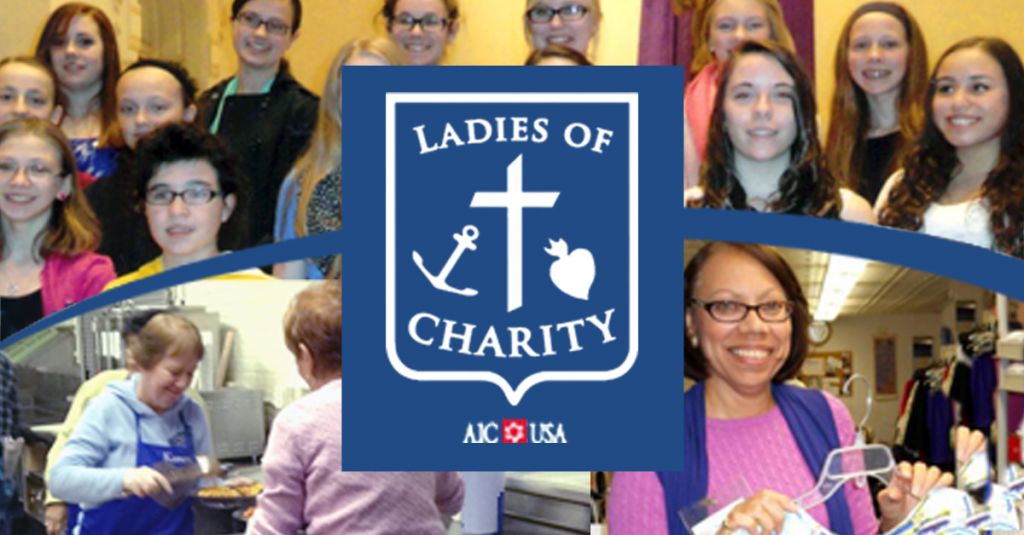 Ladies of Charity and Advocacy Some may be surprised by putting these two together. How do they fit? Their website gives the answer.
Ladies of Charity and Advocacy Some may be surprised by putting these two together. How do they fit? Their website gives the answer.
Bottom line – all the elements below fit the description of systemic change or a comprehensive approach to serviceand standing with those who are poor.
From their site…For over 150 years, the Ladies of Charity USA have been committed to loving and assisting people who are poor.
In the beginning of the 21st century, we seek ways to continue the mission of St. Vincent de Paul and St. Louise de Marillac, reweaving the fabric of society by partnering with poor people and others in works of charity and justice.
Advocacy is a word used to describe some of the ways we extend our efforts beyond serving the immediate needs of the poor. It is associated with perspectives of justice and human rights.
Advocacy can be defined or described as taking the side of the poor and oppressed. It is active, not passive. It is rooted in our love of God or as St. Vincent said, “Let us love God, but let it be with the strength of our arms and the sweat of our brow.” Advocacy is a word that describes the ways we can effect change, working with people who live in poverty to change not only their personal situation but the systems that have contributed to their personal situation. Advocacy is how we fulfill our mandate to engage in “social” and “political” charity.
Advocacy takes many forms.
- Advocacy is giving a person the opportunity to tell her story to us, helping us understand her situation.
- Advocacy is structuring services so that they protect human dignity and making sure they are adequately funded by philanthropic and governmental sources.
- Advocacy is defending the poor against false allegations and stereotypical innuendos of “blaming the victim.”
- Advocacy is educating ourselves and others about the challenges facing the least, the lost and the left out in society.
- Advocacy is gathering data that can be used by policy makers.
- Advocacy is using our votes and our voices in the public square to help people who are poor to achieve basic social, economic and political rights.
- Advocacy is convening policy makers, legislators, and people who are poor to enable and empower poor people to participate and to build better communities.
- Advocacy is giving bread to a hungry person and not being afraid to ask:
- Why are people poor?
- Why do they need this bread?
- What is the most just way to make sure that people have bread—in advocacy language, the basic human right to food?







0 Comments